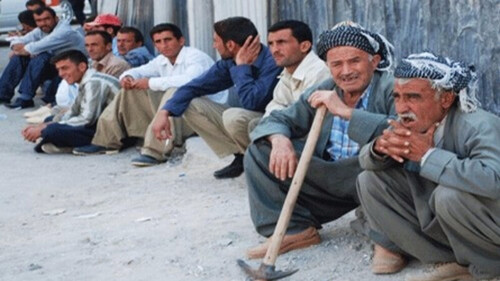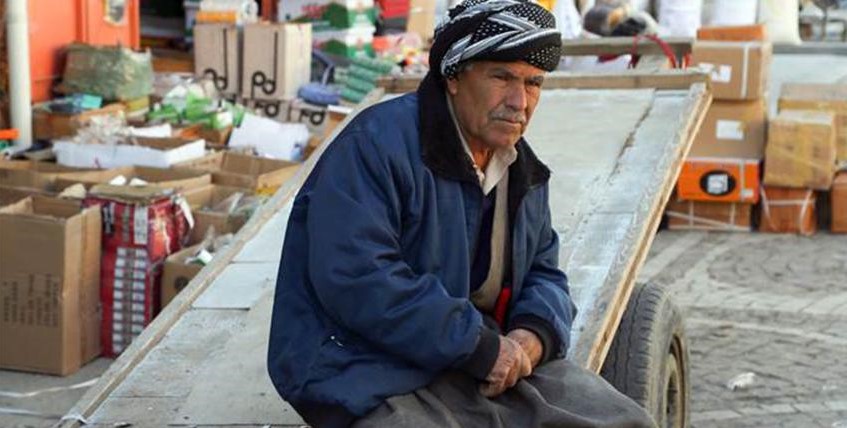Unemployment is one of the undesirable phenomena that individuals in society face and in our time it is one of the main problems of all societies.
Unemployment means when individuals in a society cannot find work even if they look for it. Sometimes there are jobs however the individuals do not feel satisfied with those types of work and they do not consider it appropriate for their social status or level of education. That is, the job does not match the person's abilities.
In general, an unemployed person is someone who is able and willing to work for a fixed salary but cannot find work. The unemployment rate is one of the indicators of the economic situation of any country.
History of the Rise of Unemployment
The history of unemployment was formed with the history of the industry. Previously, unemployment meant nothing in rural areas. Unemployment appeared in Britain during the Industrial Revolution in the last third of the eighteenth century and later spread to Europe and the United States.
In the 20th and 21st centuries, unemployment has increased in countries around the world and Kurdistan, too. This is due to the emergence of various advanced and modern machines that have replaced human labor; especially after the Industrial Revolution and human progress. The increase in the world's and Kurdistan's population is another reason for the increase in unemployment. Another cause of unemployment in many countries, including Kurdistan, is the presence of foreign workers who work for less wages than the local labor force.

Types of unemployment:
* Desired unemployment: This is the type of unemployment in which a worker leaves their job.
* Forced unemployment: A situation in which a worker is forced to leave their job against their will when they have the ability and desire to work.
* Hidden unemployment: The excess number of workers who do not produce anything tangible, that is, if that number is subtracted from the employment rate, it does not reduce the production volume.
Note: Retired and disabled people, those who are not working due to personal issues, and people who are not actively looking for work but want to work, are not classified as unemployed.

The Kurdistan Region, as a country that has seen significant economic growth in the past 20 years, has not been exempt from unemployment. Although there are various unemployment statistics in Kurdistan Region, according to the Ministry of Labor and Social Affairs, the unemployment rate in the Kurdistan Region reached 12% in 2020.
Unemployment is considered one of the most obvious economic and social problems of individuals and governments that cause various problems and leaves a negative impact on society. Unemployment leads to reduced experience, job advancement, skills development, youth migration, increased violence, social problems, and increased poverty rates. Increased unemployment often leads to political instability and deteriorating security and stability in the country. This leads to many social consequences such as theft, murder, torture, destruction, etc.
Of course, the unemployment rate varies from year to year due to government politics. In Kurdistan, the unemployment rate has been high in recent years, especially among those aged 19-40; however, the unemployment rate can be reduced by some measures.
Measures to reduce unemployment:
- Rebuild villages and encourage farmers to return to their villages. Local investors and capitalists should also be encouraged to invest their capital locally and policies should be adopted to protect their lives and property.
- Encourage foreign investment (especially those with known brands in the industry) to invest in Kurdistan in order to revive the workforce.
- Enactment of labor laws to protect the rights of workers and employers. In the same law, the public authorities will be forced to create jobs for the workforce.
- Pay more attention to universities, colleges, and vocational education in order to invest in human intellectual capital.
- Prevent the entry of unnecessary foreign workers according to the law.









